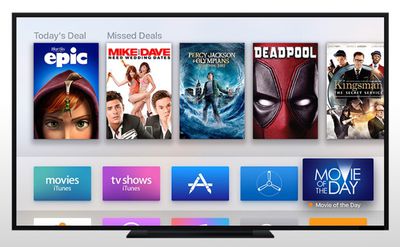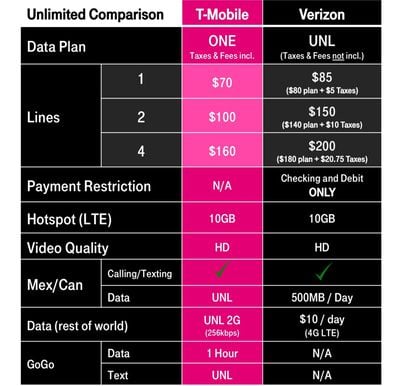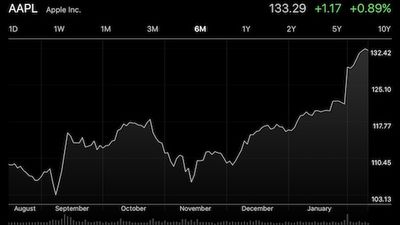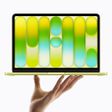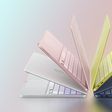Eddy Cue, Apple's SVP of Internet Services, spoke at Code Conference tonight alongside Planet of the Apps producer Ben Silverman to preview the show and debut the first trailer from the program. Cue and Silverman also teased several unique aspects of the show, including a dedicated app that allows you to watch the show in a non-linear format.
The format of the show is similar to that of fellow talent-based reality shows
The Voice and
Shark Tank. Aspiring app developers descend down an escalator while pitching four judges on their idea. By the time they get to the bottom, the judges must swipe left or right to demonstrate whether they're interested. If multiple judges swipe right on a contestant, the contestant gets to choose who they want to pair with. Once paired, the developer goes through an incubator period, getting advise from developers at big companies like Uber, until it's ready enough to pitch to Lightspeed Venture Partners for funding.
Silverman and Cue say that the show will debut a new episode every week starting in the Spring, rather than dumping the entire season on a single date, as Netflix tends to do. The show will also have a dedicated app that'll allow viewers to watch the show in a non-linear format. Within the app, people will have the opportunity to pause the linear version of the show to access unused footage of specific developers.
Apple wasn't the first choice for the show, according to Silverman. The project was initially shopped around to the big networks. The show drew major interest, but Will.I.Am brought up the show to Jimmy Iovine while at a meeting with Apple in Los Angeles. Apple was interested, and Silverman and the rest of the producers slowed down the process with the networks to give Apple a chance at securing it for Apple Music.
When asked why a TV show about apps is debuting on Apple Music, Cue says that he believes video could a differentiator for the service. "We think we have an opportunity to do something unique with Apple Music and shows," Cue said. "The things we're doing aren't being done by anyone else. If we wanted to do something everyone else was doing, we might be better off buying something or whatever." He later clarified that shows on Apple Music don't have to be about music, similar to how MTV programming isn't always about music.
Cue says Apple is just starting out with original content, but that it wants to do more. When asked whether it could see itself becoming Netflix, Cue said Apple wants to see where it can go with its own strategy. Cue later emphasized that Apple doesn't just want to buy shows, denying that Apple was ever interested in purchasing The Grand Tour. Instead, Apple only wants to make shows that are unique and "create culture."
Silverman says that Apple's influence is the only reason he thinks Planet of the Apps could work, pointing out that developers and stars, like judges Jessica Alba and Gwyneth Paltrow, might not have signed onto the show if Apple had not been producing the show.
Planet of the Apps will not have ads. Cue says he's unsure if future Apple productions will have ads, but that he doesn't know of many people who actually watch ads when they're watching programming. Cue says a lot of people either watch shows on streaming services or purchase or rent them from places like iTunes, bypassing the ads of regular TV.
Cue also talked about the future of TV. When asked what the big roadblock for Apple was when it was planning its rumored TV service, Cue said discoverability and the complexity of the TV industry. Cue said the TV app is one way to help customers find the content they want to watch without jumping into various services. Cue also says industries are reticent to change, and that people in the industry aren't yet moving in the same direction, making it difficult for Apple to put what it wants to do together. However, Cue says Apple is not interested in pursuing a skinny bundle. In 2015, the CEOs of Time Warner and CBS said Apple was working on a "forward-thinking" streaming service.
Update: Apple also debuted a new, longer trailer for Carpool Karaoke at the Code Conference.
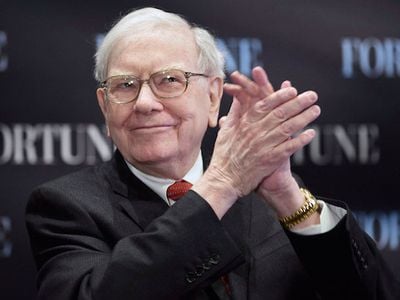


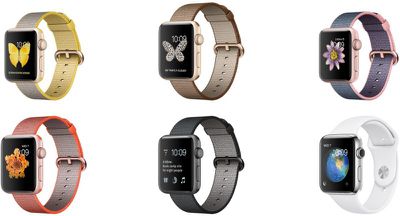
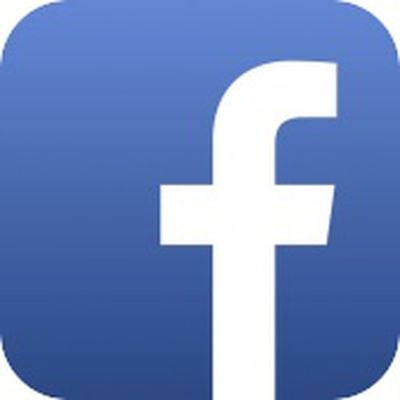 At the
At the 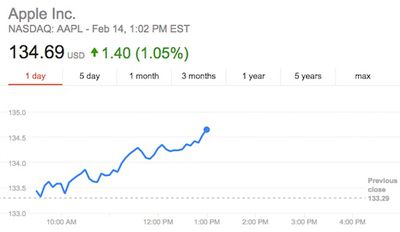
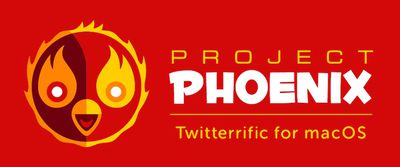
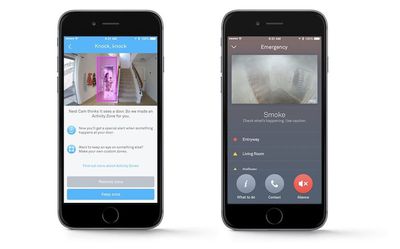 Specified Activity Zones have been part of Nest for years, but required users to manually draw the areas that they wanted a Nest Camera to detect. With the door detection, Nest will intelligently find and mark a new door-based Activity Zone and then notify the owner, who can then choose to keep or get rid of the zone. Nest said that the new door detection abilities have been made possible thanks to the company's deep learning algorithms that have recognized patterns over time.
Specified Activity Zones have been part of Nest for years, but required users to manually draw the areas that they wanted a Nest Camera to detect. With the door detection, Nest will intelligently find and mark a new door-based Activity Zone and then notify the owner, who can then choose to keep or get rid of the zone. Nest said that the new door detection abilities have been made possible thanks to the company's deep learning algorithms that have recognized patterns over time.
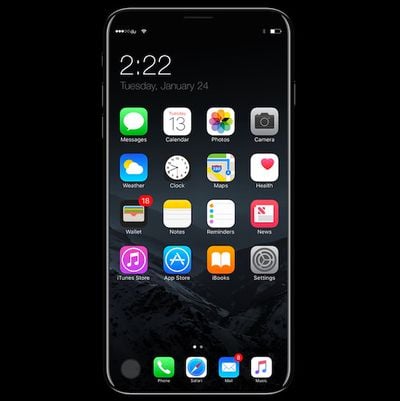
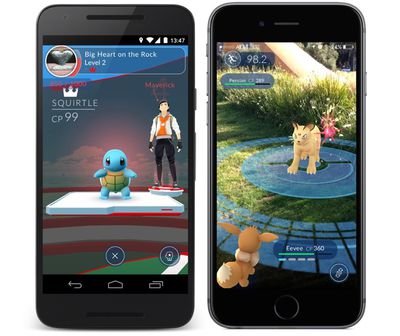
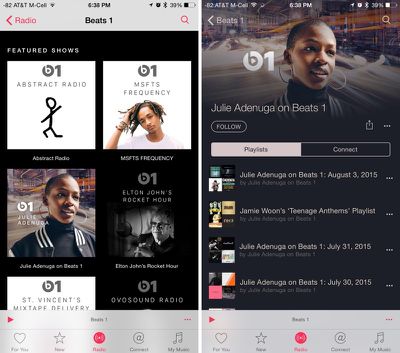
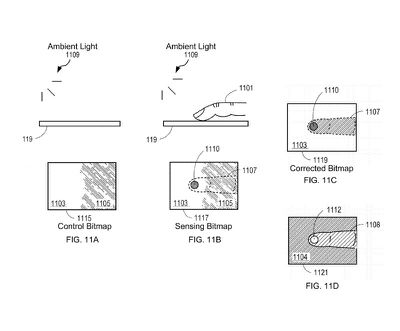

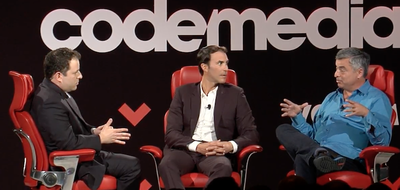
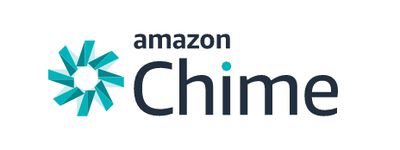
 Apple CFO Luca Maestri will speak at the Goldman Sachs Technology and Internet Conference tomorrow afternoon, according to Apple's
Apple CFO Luca Maestri will speak at the Goldman Sachs Technology and Internet Conference tomorrow afternoon, according to Apple's 